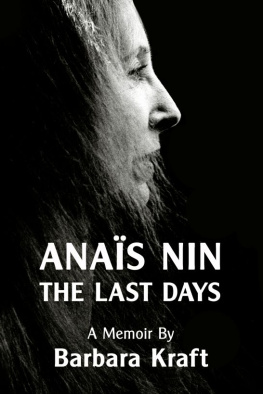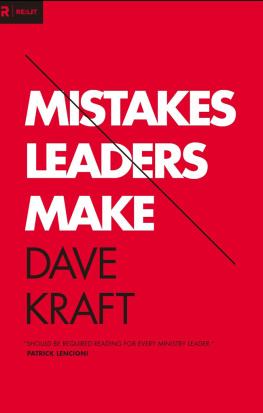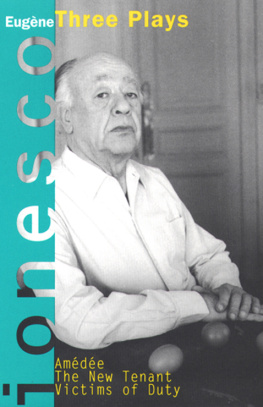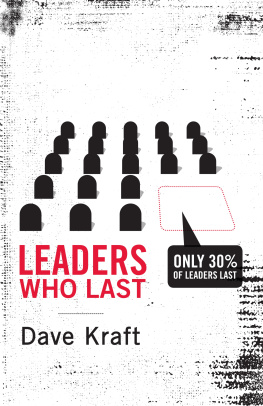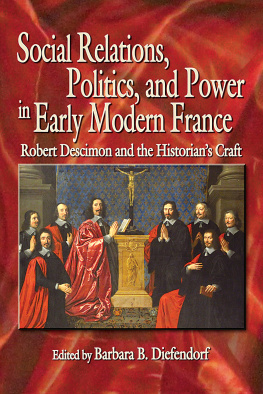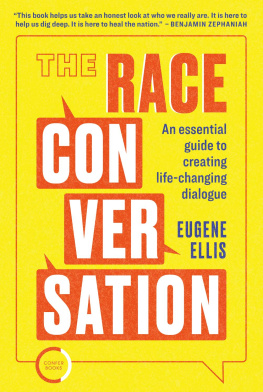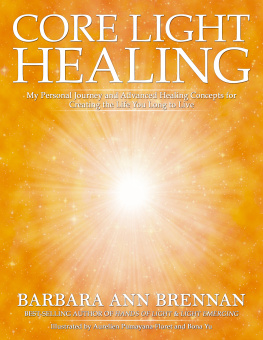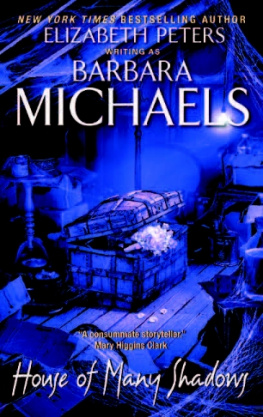Barbara Kraft - Light Between the Shadows: A Conversation with Eugene Ionesco
Here you can read online Barbara Kraft - Light Between the Shadows: A Conversation with Eugene Ionesco full text of the book (entire story) in english for free. Download pdf and epub, get meaning, cover and reviews about this ebook. year: 2014, publisher: Two Birds Press, genre: Art. Description of the work, (preface) as well as reviews are available. Best literature library LitArk.com created for fans of good reading and offers a wide selection of genres:
Romance novel
Science fiction
Adventure
Detective
Science
History
Home and family
Prose
Art
Politics
Computer
Non-fiction
Religion
Business
Children
Humor
Choose a favorite category and find really read worthwhile books. Enjoy immersion in the world of imagination, feel the emotions of the characters or learn something new for yourself, make an fascinating discovery.

- Book:Light Between the Shadows: A Conversation with Eugene Ionesco
- Author:
- Publisher:Two Birds Press
- Genre:
- Year:2014
- Rating:3 / 5
- Favourites:Add to favourites
- Your mark:
Light Between the Shadows: A Conversation with Eugene Ionesco: summary, description and annotation
We offer to read an annotation, description, summary or preface (depends on what the author of the book "Light Between the Shadows: A Conversation with Eugene Ionesco" wrote himself). If you haven't found the necessary information about the book — write in the comments, we will try to find it.
A Conversationwith Eugene Ionesco
byBarbara Kraft
Today more than ever, the sentiments expressed by Ionesco in Barbara Krafts Conversation with him, are as important, if not more so, than when he spoke to her many years ago. As he said to Kraft, We know very well that Western humanism is bankrupt. We also know very well that the leaders of the Eastern countries no longer believe in Marxism. Absolute cynicism and a great biological vitality are all that remain of the Easts revolutionary faith and all that keeps its leaders in power active in the struggle for power and world supremacy. Life has become, then, a deadly combat without scruple, since all ideologies and moralities have vanished a combat for the conquest of the planet and its material riches.
For Ionesco politics lie; art, true art, cannot lie. Politics separate men by bringing them together only superficially. Art and culture unite us in a common anguish that is our only possible fraternity, that of our existential and metaphysical community.
Staged all over the world during the 1960s and 1970s, Ionescos plays were once among the most performed works in the theatrical repertoire. With his plays The Bald Soprano, The Lesson and The Chair he helped inaugurate a new type of theater, which came to be known as theater of the absurd. Ionescos theater, which included Samuel Beckett, Jean Genet and Arthur Adamov, was a theater that posed a problem; it was not a theater of entertainment. The problem these writers dealt with was the existential condition of man, his despair, the tragedy of his destiny, the ridiculousness of his destiny, the absurdity of his destiny, the existence of God.
Ionesco maintained that the king of the Theatre of the Absurd was Shakespeare citing Macbeth as its pure definition The world is a tale told by an idiot, full of sound and fury signifying nothing.
Krafts conversation explores the totality of Ionescos vision, which informs all aspects of his theater. A cornerstone of that vision is that culture cannot be separated from politics. The arts, philosophy and metaphysics, religion and the sciences, constitute culture. Politics are the science or art of organizing our relationships to allow for the development of life in society. But, in our time, politics have overtaken all other manifestations of the human spirit Developing as they have by trampling on mans other activities, they have made men mad.
Other topics covered in this rare interview include Ionescos thoughts on ethics and morality, which are based in his opinion on fear rather than on religion; another topic is guilt. With his ironic wit Ionesco states that while guilt is a nasty feeling, it is also useful; without it we might just kill each other.
Published February 28th 2014 by Two Birds Press
Barbara Kraft: author's other books
Who wrote Light Between the Shadows: A Conversation with Eugene Ionesco? Find out the surname, the name of the author of the book and a list of all author's works by series.

